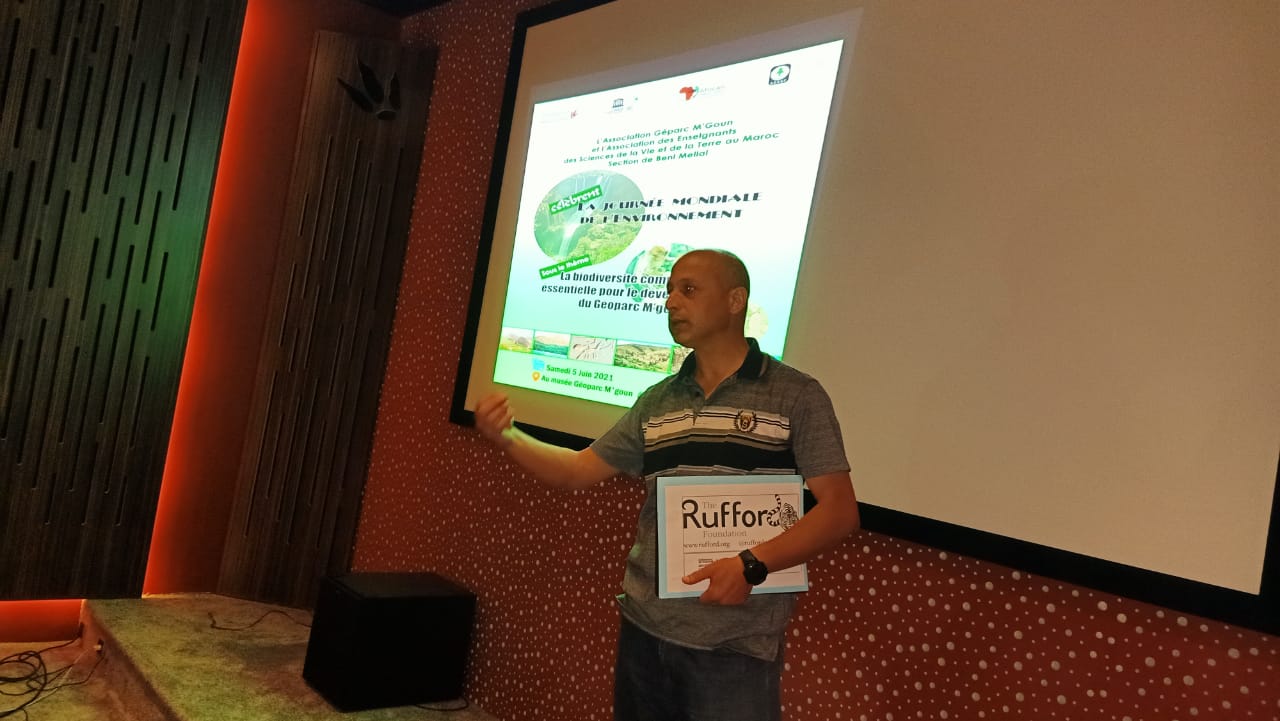


Conservation behaviors are considered essential actions that tremendously influence ecosystems. Environmental behaviors are essential to ecological conservation and to environmental protection.It is important to involve the citizens in the domain of the conservation of the environment and biodiversity conservation. Our scientific studies revealed that the respondents reported a lower level of practices in the conservation of species. Solutions have been initiated, the most important of which is to educate the inhabitants to encourage them to conserve the species. Education sessions were carried out by the author and his collaborators during the two las decades with local inhabitants, students, associations and authorities. As part of their scientific research, they visited most of the villages. They discuss with people the ecological and economic roles of biodiversity and the importance of conserving it.
In recent years, the roles of wild animals in their ecosystems have been more widely appreciated and today, the management of biodiversity is a priority for the Moroccan Government, authorities, NGO and civil society.
The local people opinion plays a vital role in the conservation of biodiversity and environment. In general, when inhabitants understand the ecological and economic roles of wild fauna, they spontaneously participate in its conservation.